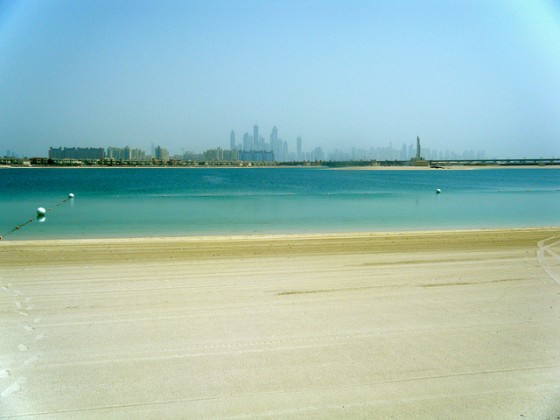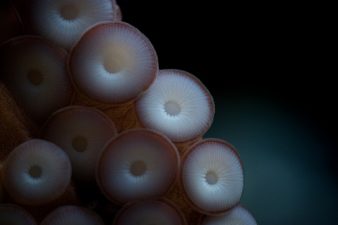 What is the impact of development on the Gulf’s marine ecosystem and can oil companies really play a part in its preservation?
What is the impact of development on the Gulf’s marine ecosystem and can oil companies really play a part in its preservation?
As sharks face the threat of extinction worldwide, conservationists in Egypt have recently raised concerns over the need to protect reef sharks in the Gulf by establishing sanctuaries. Fifty years ago, the Gulf waters were filled with diverse marine life but the criss-cross of oil tankers, conflict and urban development has had its toll on the fragile ecosystem. In Kuwait, environmental filmmaker Zeina Aboul Hosn joined a research expedition in 2008 in search of the forgotten sharks of the Gulf. What she found was dead sharks in the fish markets and a worrying lack of awareness of the importance of sharks for sustaining marine diversity.
Reported by Al Jazeera, the 22 minute film explains that in the past Kuwaitis heavily relied on fishing and pearl diving for their sustenance. However, this all changed when oil was discovered and the Gulf waters then became simply the means of transporting a quarter of the world’s crude oil. The generation which grew up as fishers and pearl-divers is now dwindling in numbers and the link between the sea and the Kuwaitis is increasingly muted.
Despite the lack of demand for sharks in the markets, there were an average of 100-120 sharks caught by the fishers every day who put out huge nets which caught every type of fish. This was clearly affecting the shark population in the water and explained the tiny number of sharks that the research expedition came across during its time.
Dead Sharks At Market, No Sharks At Sea
The lack of sharks was particularly worrying and raised concerns that the shark population may be in a worse state than the researchers originally assumed. At the fish markets, however, they continued to find dead sharks and even came across a suspected smoothtooth blacktip shark which has only ever been recorded in the Gulf once before in the waters near the coast of Yemen.
In one scene, the researchers even resorted to rescuing some of the sharks found in the fisher’s huge nets which were still alive back and releasing them back into the water. One the last day of the desperate expedition, the team get lucky and attract a small group of sharks which almost made the entire wait worthwhile.
As the filmmaker Zeina explains, however, in the long run a lot more needs to be done to protect the shark population in the Gulf. Attitudes towards sharks need to shift to recognise their importance and regional cooperation has to be stepped up if there is a chance of protecting the marine life of the Gulf waters.
Exxon Supporting Marine Education
It was also recently announced that ExxonMobil has pledged its support for an educational project on protecting Kuwait’s marine environment which consists of raising public awareness, community-based programmes and cleanup activities. ExxonMobil is an American multinational oil and gas company which hit the headlines during the disastrous 1989 Exxon Valdez Oil spill when an tanker ran aground in Prince William Sound, Alaska.
The tanker spilled around 10.9 million gallons of its 53 million gallon cargo and the oil impacted over 1,100 miles of non-continuous coastline in Alaska. Exxon has also faced criticism for funding lobbies which undermined or underplayed climate science and was until recently accused of supporting climate denialists.
:: Al Jazeera and the Guardian
Image via SarahAckerman on Flickr.
For more environment news on Kuwait see:
25 Shark Species In Persian Gulf Need Urgent Protection
Kuwait Water Worries Reminiscent Of Other Gulf Region Countries
Green Prophet Flies To “The Ornithological Society of Kuwait”



